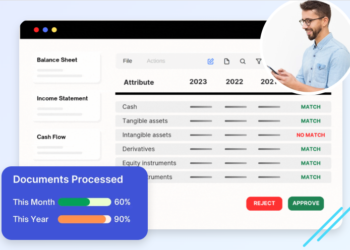Maritime safety is crucial for the global shipping industry. With millions of tonnes of goods transported across oceans, ensuring safety at sea is of paramount importance. Maritime quality assurance plays a vital role in maintaining these safety standards and protecting both human lives and the environment. This article will shed light on the importance of maritime quality assurance and how it contributes to safety at sea.
What is Maritime Quality Assurance?
Maritime quality assurance is a systematic approach used in the maritime industry to ensure ships meet safety and operational standards. It includes practices that ensure ships are built and operated safely, minimizing risks to the crew, passengers, and the environment. This approach helps maritime organizations meet international regulations and maintain high safety standards.
Ensuring Safety Through Regulatory Compliance
One of the key roles of maritime quality assurance is ensuring that ships comply with international safety regulations. Organizations such as the International Maritime Organization (IMO) have set guidelines to protect life at sea. The SOLAS (Safety of Life at Sea) Convention is one such regulation that mandates specific safety measures for ships. Following these regulations is crucial for preventing accidents and maintaining safety during maritime operations.
Risk Management and Proactive Measures
Maritime quality assurance helps identify potential risks before they escalate. By regularly inspecting ships and their operations, QA professionals can address safety concerns and take corrective actions promptly. This proactive approach reduces the chance of accidents at sea, such as collisions, fires, or environmental hazards. It allows maritime companies to take preventive measures and make necessary adjustments to their operations.
Continuous Monitoring of Ship Operations
Monitoring ship operations is another crucial element of maritime quality assurance. Regular checks on equipment, safety protocols, and crew performance help ensure that operations run smoothly. Using advanced technology, such as automated systems and data analytics, companies can track ship performance in real-time. This ensures compliance with safety standards and highlights any areas for improvement.
The Role of Crew Training in Safety
Effective crew training is essential for safety at sea. Maritime quality assurance includes regular training for the crew to ensure they are equipped with the necessary skills and knowledge. This training covers everything from emergency procedures to the operation of safety equipment. A well-trained crew is vital for responding to emergencies and ensuring the safety of all onboard.
Conclusion
Maritime quality assurance plays an indispensable role in ensuring safety at sea. It helps maintain regulatory compliance, manages risks, and ensures proper training for crew members. By implementing QA practices, the maritime industry can significantly reduce accidents and protect lives and property. As global shipping continues to grow, maintaining robust maritime quality assurance systems will be essential for securing the safety of all those who rely on the seas.






